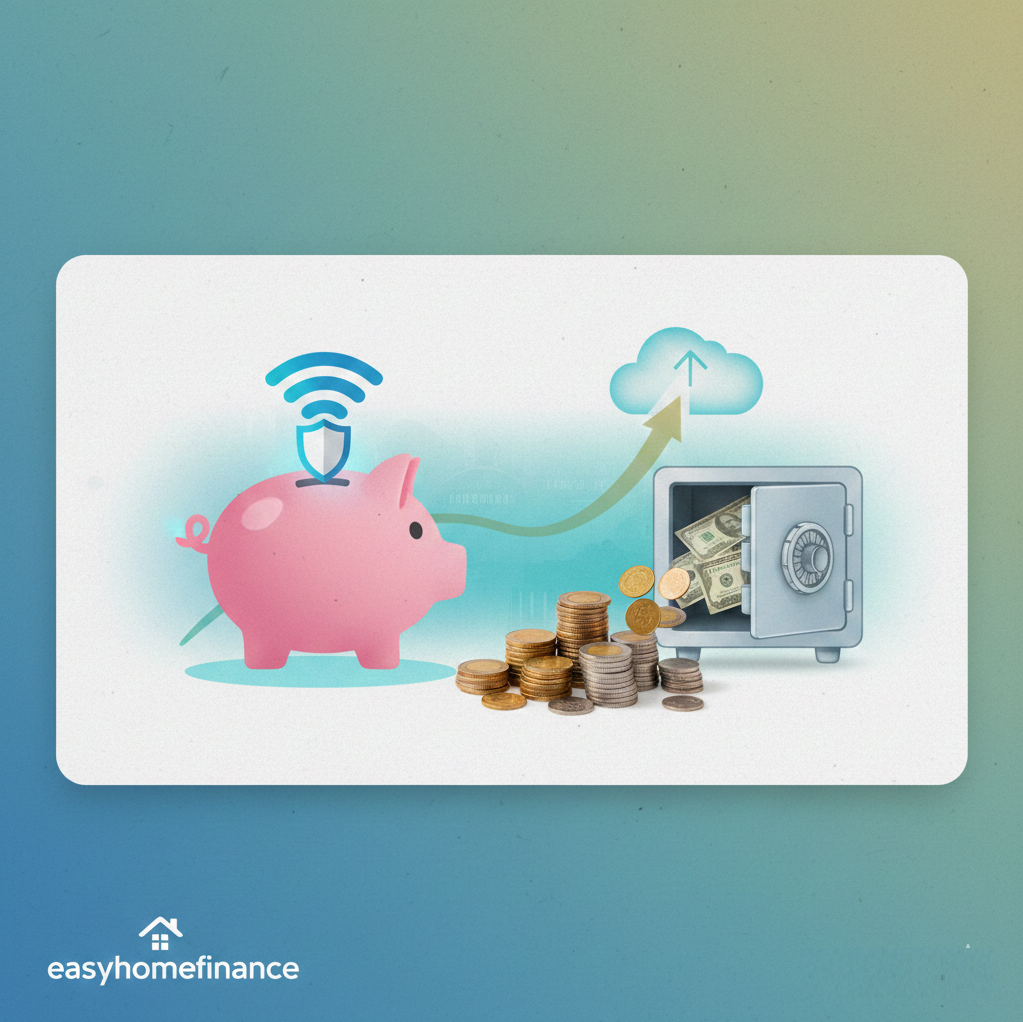When funds are limited, where should your money go first?
As a homeowner, you might find yourself asking a common question:
“Should I use my extra savings to prepay my home loan or build an emergency fund first?”
Both options seem wise — one reduces debt, the other offers security. But when money is limited, prioritising the right financial step is crucial for your long-term stability.
Let’s walk through the logic behind both, and help you make a smart, confident choice.
Why Emergency Funds Matter
An emergency fund is your financial cushion. It’s what helps you manage life’s unexpected twists — job loss, medical emergencies, car repairs, or even a sudden house expense.
Financial experts recommend keeping 3 to 6 months’ worth of essential expenses in a separate savings account. If your monthly costs are ₹50,000, your fund should ideally be ₹1.5–3 lakh.
Key Benefits of an Emergency Fund:
- Keeps you from falling into debt during tough times
- Lets you continue paying your EMIs without stress
- Prevents the need to break investments or borrow at high interest
Why Prepaying a Home Loan is Tempting
Home loan prepayment helps you reduce your total interest burden and potentially close your loan early.
If you have a loan with a 20-year tenure, even one prepayment of ₹1 lakh in the early years could save you thousands in interest over time. Sounds great, right?
It is — but only after your emergency fund is in place.
Which Should You Do First?
Always build your emergency fund before prepaying your loan.
Here’s why:
- EMI doesn’t stop for emergencies. Even if you lose your job, your lender still expects monthly payments.
- Prepaying is optional, EMIs are not. Missing EMIs damages your credit score and may lead to penalties.
- Without a buffer, you might end up borrowing again. And new loans might come at higher interest rates than your home loan.
So, while prepaying is smart in the long run, your financial safety net should always come first.
How to Balance Both Goals
Once your emergency fund is built (or close to it), you can start allocating a portion of your savings toward loan prepayments.
Here’s a simple approach:
- Save 60% of surplus income toward your emergency fund
- Use 40% for prepaying your home loan (once the fund is almost full)
- Reassess after 6–12 months based on job stability, expenses, and financial goals
Final Thoughts
When resources are tight, peace of mind should come before faster debt reduction.
An emergency fund is not a luxury — it’s a necessity. Once it’s in place, you’ll be in a stronger position to prepay your loan without risking your financial health.
It’s not about choosing one or the other forever — it’s about choosing the right one first.
Want to Begin?
Apply for a Home Loan with Easy Home Finance: https://easyhomefinance.in/site/apply
Check Your Eligibility Instantly: https://easyhomefinance.in/loan
Learn More About Our 100% Digital Process: https://www.easyhomefinance.in






Leave a Comment